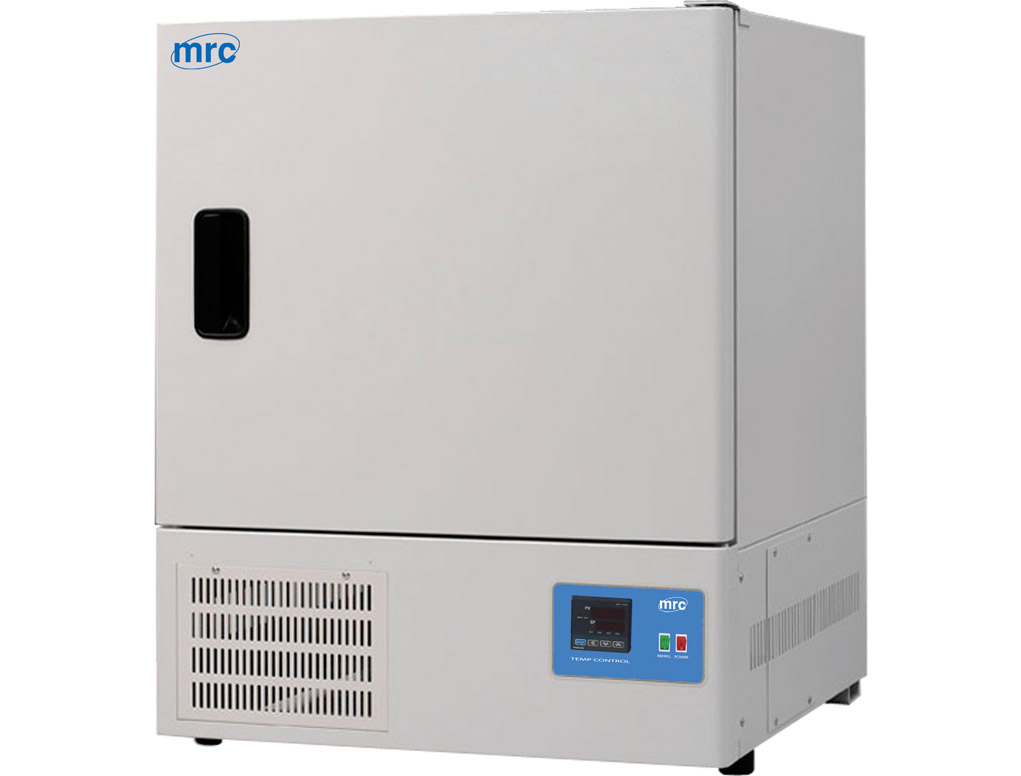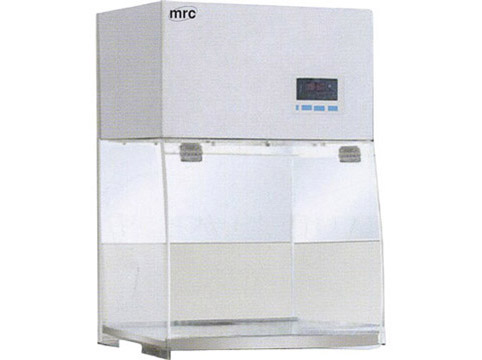If you're venturing into the world of cell culture, acquiring the right equipment is crucial for your research or laboratory needs. From maintaining optimal growth conditions to analyzing cellular structures, having the appropriate tools can significantly impact your outcomes. In this guide, we'll walk you through everything you need to know about purchasing cell culture equipment, from understanding the types available to making informed buying decisions.
Introduction to Cell Culture Equipment
Cell culture equipment encompasses a range of instruments and devices designed to facilitate the growth, manipulation, and analysis of cells in a laboratory setting. Whether you're studying cell biology, conducting drug development research, or working in regenerative medicine, having reliable equipment is essential for maintaining cell viability and ensuring experimental reproducibility.
Types of Cell Culture Equipment
- Incubators: These provide controlled environments for cell culture, maintaining optimal temperature, humidity, and CO2 levels.

- Biosafety Cabinets: Used to protect both the operator and the sample from contamination during handling and manipulation.

- Microscopes: Essential for observing cell morphology, proliferation, and behavior under different experimental conditions.
- Centrifuges: Utilized for cell separation, pelleting, and purification procedures.

- Cell Counters: Automated devices for accurately determining cell concentration and viability.
Factors to Consider Before Buying
Before investing in cell culture equipment, several factors should be taken into account to ensure compatibility with your research needs. Considerations include the specific requirements of your experiments, budget constraints, available space in your laboratory, and the technical specifications of the equipment.
Where to Buy Cell Culture Equipment
Cell culture equipment can be purchased from various sources, including online marketplaces, specialized vendors, and directly from manufacturers. Each option has its advantages and considerations, such as pricing, shipping times, and after-sales support.
Tips for Making the Right Purchase
To ensure you make the right investment, read reviews and testimonials from other users, request product demos or trials, and consider the scalability of the equipment to accommodate future research needs.